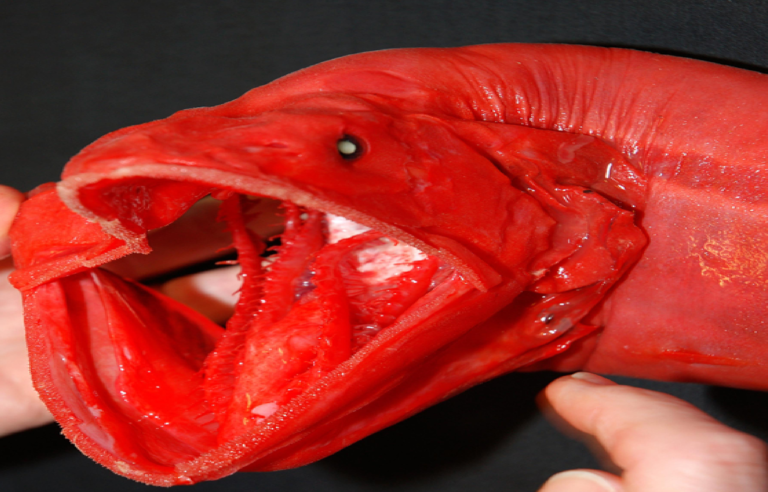
I would grow so close to them that I’d call them “Mommy” and “Daddy”, rather than the usual Tita meaning aunt or Tito meaning uncle. They then left me in the care of one of my mom’s sisters and her husband.

They raised me as if I were their own, until they were granted an opportunity they couldn’t pass up: moving to the United States. I was left in the care of my mom’s parents and one of her brothers. ( Follow Filipino workers as they figure out life in the gulf countries.)

But about four weeks after giving birth, per her work contract, she had to return to Saudi Arabia. I was her first child and the start of her own little family. In 1986, she returned home to give birth this baby: me. But a few other photos had her posing in a large, flowing mumu-showing off a baby bump. She would be posing with friends and co-workers, and she’d often wear either pressed, white nursing outfits or casual 80s wear that showed off her petite figure. Growing up, I remember seeing photos of my mom in Saudi Arabia. While working abroad separated my mom from her family for years, it allowed them to leave a life of poverty and gain a better, more stable life. Some of her siblings fell into financial hard times. Her parents needed her support as they grew older and as my grandfather became unable to work as much. Like many other Filipinos working overseas, my mother sent the majority of her pay back to her family. Each stint home lasted for about 45 days, enough to catch up on what had happened with family in the past year, before having to reset the clock and return overseas to work. ( See millions of Filipino workers return home for the holidays.)Īs part of my mother’s work contract, she could only return to the Philippines once a year. It would be a long time before they’d see their daughter again. Her father was sad to see her leave, and my grandmother cried incessantly. At the airport in Manila, Philippines, she prepared to hop on a plane for the first time. She recalls the day she left for the job. She accepted an offer to work abroad, at Abdulla Fouad Hospital in Dammam, Saudi Arabia. Then in 1983, after years of gaining hands-on medical experience, my mother joined the ranks of many Filipino nurses who came before her. My mom graduated as a registered nurse in 1978. They enrolled my mother in Lyceum-Northwestern University. My grandparents had seen for other families that nursing helped provide the financial stability their family desperately needed.

But my grandparents asked my mom to consider nursing. As a teenager, she loved to draw and sew, and she even dreamt of a career in fashion and design. Nursing was not my mother’s dream career at the time. Unauthorized use is prohibited.īut by the time my mother, the youngest daughter, was a teenager, my grandparents had saved enough money to invest in something that would change their future: sending my mom to nursing school. Her father would try to persuade his children to eat, constantly promising meat in their next meal, knowing that it was a promise that he could rarely keep. The stories my mom tells about this time in her life take on a somber tone as she talks about family meals that only included rice, water, and salt. Her father, a bus driver, was the sole earner in their household, struggling to make his earnings stretch and support his wife and six children. Our story began in 1955, when my mother was born in the rural town of San Jacinto, Philippines. Of the many Filipino professionals that travel overseas to work, some of the most well-known are nurses. They send home an estimated $27 billion a year in remittances. Today, an estimated 10 million Filipinos are working overseas.

Many parents travel abroad to places like Japan, the United Arab Emirates, Germany, the United States-anywhere they can go to make a living-even by taking care of other people’s children. It is quite common in Filipino families for parents and children to live apart. ( Why 10 million Filipinos work overseas.) But as the decades went by, the veneer of normalcy began to fade as the sacrifices of my mother and our family in the Philippines came to the fore. Unlike other Filipino grandchildren, they called their grandmother “Nanay”, which actually means “mom” in Tagalog.įor my mother and me, distance has always been a constant. Grandmother Rosevida Pasana holds Angeli Gabriel and cousin Jeffrey Pasana at her home in Manaoag, Philippines.


 0 kommentar(er)
0 kommentar(er)
